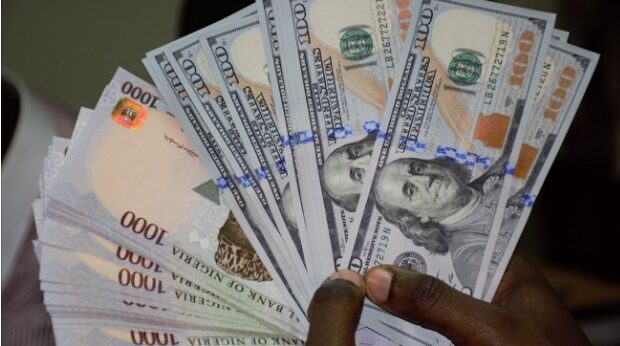24
Bamidele A.G. Amoo, a member of the Monetary Policy Committee (MPC) of the Central Bank of Nigeria (CBN), has attributed the decline in Nigeria’s foreign exchange (FX) reserves primarily to foreign exchange swap transactions.
In his statement from the MPC meeting held between March 25 and 26, 2024, Amoo highlighted the following points:
- Nigeria’s foreign reserves decreased from US$33.68 billion to US$32.87 billion as of March 19, 2024. The decline was mainly due to foreign exchange swap transactions.
- In the foreign exchange market, the average NFEM rate as of March 20, 2024, stood at N1410.90/USD, N1,536.83/US$, N1,520/US$ at the Refinitiv, FMDQ, and BDC market segments, showing appreciations of 8.65%, 3.65%, and 1.94% respectively.
Furthermore, Amoo noted the following insights:
- Nigeria recorded a surplus in its overall balance of payments, driven by higher capital inflows from foreign portfolio investors.
- The surplus in the overall balance of payments was attributed to accretion to external reserves from third-party receipts, including higher inflows of diaspora remittances and capital inflows of US$1.24 billion by the end of February 2024.
- The capital inflow came from foreign portfolio investments, particularly through money market instruments and other investments from the loans sub-sector.
Additional Context:
- Nigeria’s FX reserves experienced a one-month dip streak, reaching a new low of $32.12 billion on April 17, 2024, dropping by $2.33 billion in 31 days from $34.45 billion on March 18, 2024.
- CBN Governor Yemi Cardoso clarified that the decreasing reserves were primarily due to debt repayments and other financial obligations rather than efforts to defend the naira.
- Cardoso recently mentioned an influx of approximately $600 million into the reserve account, emphasizing that movements in the country’s FX reserves were routine and not aimed at defending the naira.
Overall, the observations suggest a complex interplay of factors influencing Nigeria’s FX reserves, with foreign exchange swaps significantly contributing to the decline.


